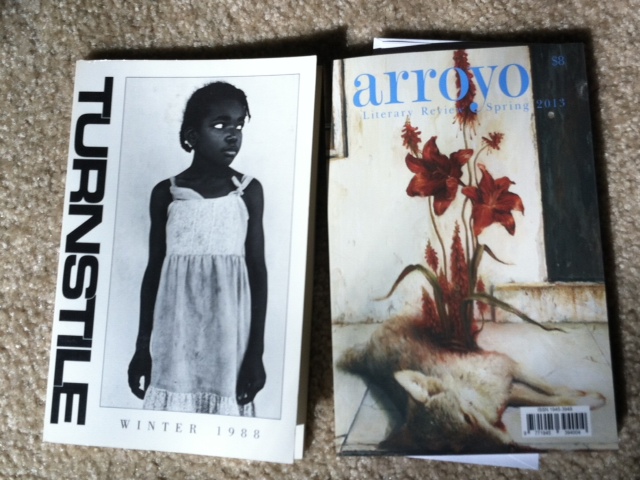I’m on deadline.
I’ve written that before, many times, for the most part about a self-imposed deadline. Even this blog, which I try to keep posting to every-other-Friday, is a voluntary act. As much as I hope that some of you enjoy reading what I write here, I’m under no delusions that anyone waits with baited breath to read these words. Still, I do it, just as I sit down at the keyboard every weekday morning for a minimum of four hours to work on a novel that no one, as yet, clamors to publish.
We need our discipline, our structure, and where we can’t find it, we make it.
But this deadline is real, externally imposed, printed onto a contract signed by yours truly and an editor. I’ve promised to deliver a personal essay—800 words on a certain topic by a certain date. April 8, to be precise, which seemed reasonable when I signed.
It still does, I remind myself. I know how to deliver on time. I’ve done it with many personal essays (about swimming, about my father’s pancakes, about a stray glance with a handsome stranger on the street, about my brother’s addiction), and I’ve done it with two books. And even if the time when I regular wrote and sold personal essays seems like another era—around the turn of the last century, to be precise, before every publication had a website so I can’t give you links here though I can point to a few on my website—the process feels familiar.
It’s what I describe to my students every term, not as the gold standard of the only way to write a piece, but as what works for me and might work for them. Worth a try. Open a file and pour out all your thoughts. Write in circles. Repeat. Talk to yourself. Ask questions. Make typos. Expand, explain, defend, undermine. And, when you feel you’ve said all you want to say on the page (or screen) on this particular topic—when, in other words, you are only repeating yourself—stop. Print it out, typos and all. Read though, highlighting what seems essential, slashing out where you go off-track, noting repetition. Then, in my experience, you’ll find the “nut,” the point you want to make. And once you’ve found that, you’re there. The rest is clean-up.
So that’s where I began on this particular assigned topic. Except that I felt rusty. The process felt weird. The tone sounded stilted. The supposedly uninterrupted gushing of the “messy first draft” process now jerked like the VW bug in which I’d learned to drive a stick-shift. I’d been working on my novel for so many months, an entirely different writing process with an entirely different narrative voice. Yes, I’d written new scenes but I was revising, fine-tuning, not generating raw material. I was writing in the point of views of several fictional characters. And, now, for this essay, I needed to write as myself, in my essayist voice, but she (I) sounded pedantic, or tedious, or whiny. She kept wandering off. I kept wandering off. I would type a sentence or two—ten or twelve if I was on a roll—then I’d get up for a glass of water. Check email, make some coffee, Google the spelling of a word that probably wouldn’t even make it into the final draft, type five or six more sentences.
It’s OK, I reminded myself. Keep going. But I felt frustrated, stuck. What was going on? Had I lost my touch at the form? Was my idea too half-baked? 800 words, I reminded myself. Like a blog post. But it wasn’t a blog post. It was an essay for a national magazine, an essay I was getting paid for.
Hm. Was that the problem? Not getting paid, but that I hadn’t gotten paid in so long that I’d forgotten how it felt? Oh, I’d made money here and there on a reprint or a short piece but nothing big enough to justify a schedule C. Embarrassing to admit, yes. These days, anyone can start a blog and call herself a writer. Nothing wrong with that. I’m always encouraging, even mandating, that my students call themselves writers regardless of publication. So what’s the problem? I came out of the gate as a freelance writer with beginner’s luck. I published a lot of pieces, and then I wrote a book and got depressed and took care of my dying mother and wrote another book and got depressed again and took care of my dying father… and, well, life happens, right? During those years, editors moved on, connections weakened, confidence rose and fell.
I’m thrilled to be back in the game, in this 800-word way. I hope that this piece, when it is handed in and if it meets with editorial approval, leads to more personal essays and a feature article or two. I’ll let you all know. But in the meantime, hold a good thought, please. I have no double I’ll finish it—I just want it to be good.
What form or genre of writing have you done, moved away from, and come back to? What hurdles have you faced in doing a new (or not-so-new) kind of writing?

